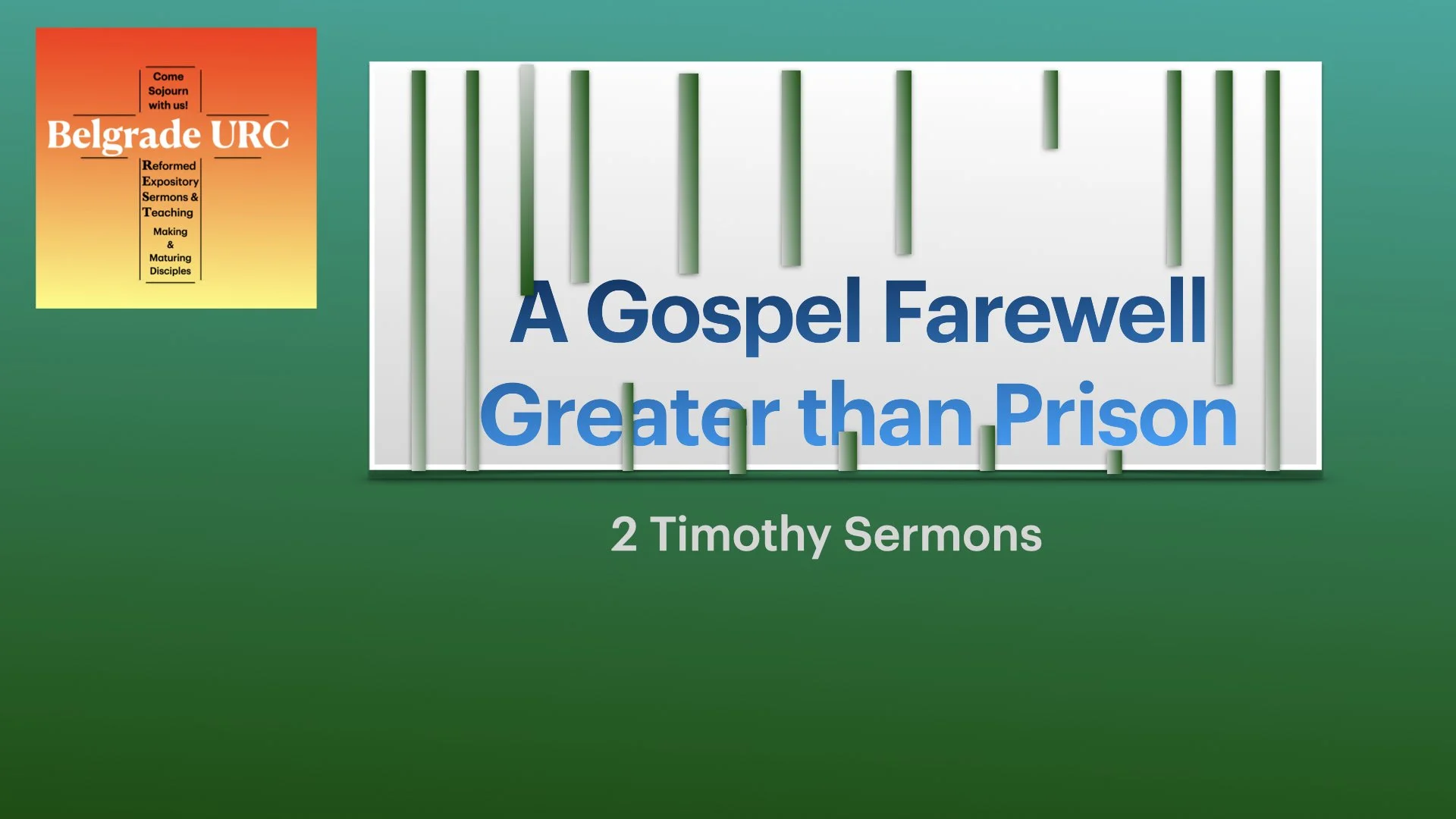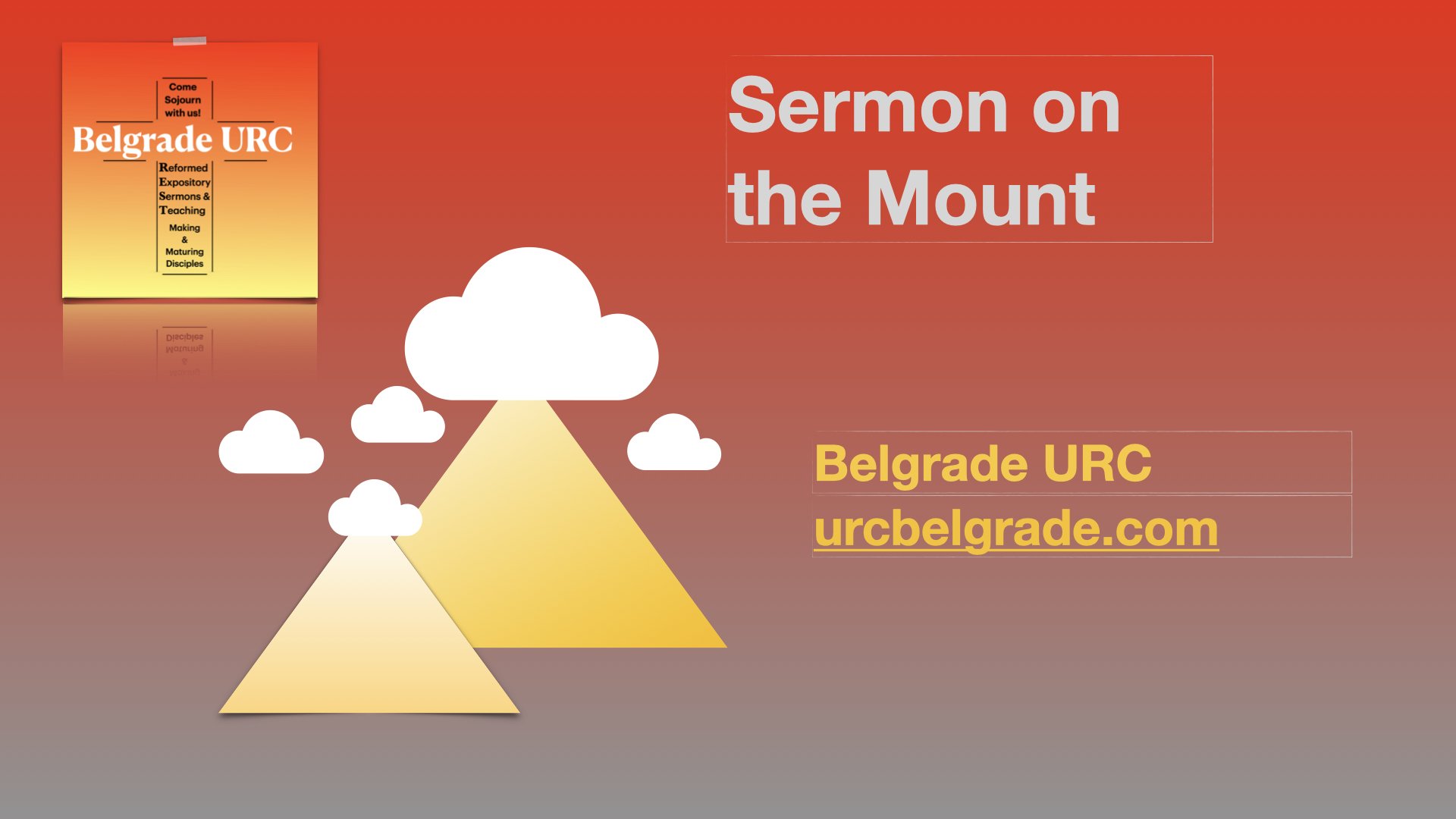When the Lord declares that he will be victorious over the serpent there is no doubt that the Lord will be victorious over the serpent. God does not overpromise what he is capable of accomplishing. Our expectation of this victory is that Christ is going to send an action hero, a special forces unit, or have a military strategy that would set this world on end. The Lord is going to conduct his battle according to our values rather than showing his strength through humility.
Luke tells us that the Lord does reveals some of the heavenly army, but the angels only sing praises regarding Christ. The Lord recruits the shepherds, but they lack integrity. They do not come to fight, but only bear witness to the angels in heaven praising God. This seems like a flop, but in reality this is exactly how God intends to manifest his victory. The Lord will be exalted through humiliation.






